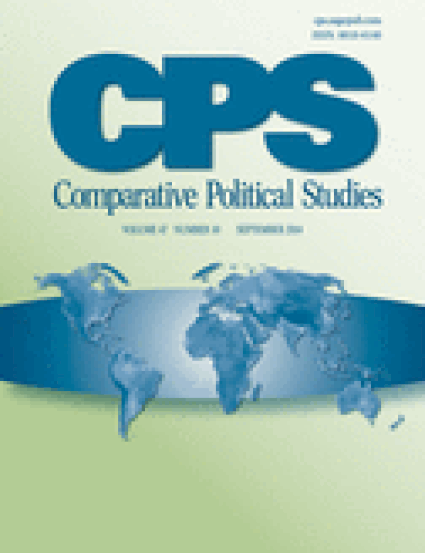
We evaluate the role of a new type of democratic institution, participatory budgeting (PB), for improving citizens’ well-being. Participatory institutions are said to enhance governance, citizens’ empowerment, and the quality of democracy, creating a virtuous cycle to improve the poor’s well-being. Drawing from an original database of Brazil’s largest cities over the last 20 years, we assess whether adopting PB programs influences several indicators of well-being inputs, processes, and outcomes. We find PB programs are strongly associated with increases in health care spending, increases in civil society organizations, and decreases in infant mortality rates. This connection strengthens dramatically as PB programs remain in place over longer time frames. Furthermore, PB’s connection to well-being strengthens in the hand of mayors from the nationally powerful, ideologically and electorally motivated Workers’ Party. Our argument directly addresses debates on democracy and well-being and has powerful implications for participation, governance, and economic development.
Available at: http://works.bepress.com/brian_wampler/30/
